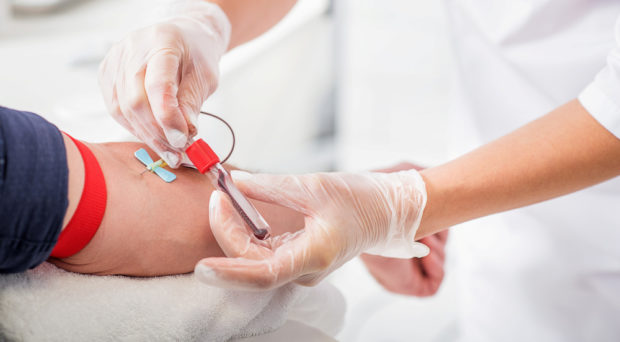
As a junior doctor and student on a Masters in Public Health course, I find that I am still learning every day from all sources, including patients (or perhaps especially from patients). Most patients I see are listened to, diagnosed, and treated as they make their way out of my room and inner psyche… but not this one. This patient has drastically altered my own understanding of patient health beliefs/illness-models.
A 20 year old patient attended my morning clinic with a chest infection, which would usually be pretty common. My patient reported a two-week history of a cough with no sputum production and no shortness of breath. He didn’t feel unwell. When listening to his chest there were crackles on both sides and he didn’t have any raised lymph nodes. He suggested he wanted antibiotics, which is not a rare request.
“Whilst I’m here doc, can I weigh myself? I’m eating big meals all the time but I’m still not gaining weight.” The patient was 1.90m with BMI of 22.8. He had joined a rowing club and been told to gain 10% of his body weight. He had taken this to heart and set about to eating roughly double the recommended daily intake of food.
He had seen several different GPs for five similar coughs in the past 12 months and on two occasions had been prescribed antibiotics. He had a stable sexual partner and did not inject drugs. Prior to this year, he had never seen a doctor for anything other than immunisations. It struck me how often he was attending despite looking well and not striking me as health anxious. Subsequently I started him on antibiotics and took a series of blood tests to check his immune system.
I now ask patients about how they feel when they have been diagnosed with a condition.
All of his routine bloods came back as being normal but on the third day, his immunoglobulin (infection fighting cells) test showed negligible numbers. I picked up the phone and immediately referred him to immunology. The next day the patient attended an outpatient appointment and was diagnosed with X-linked agammaglobulinaemia, a rare chromosome disorder that he would have had since birth, finding him unable to produce the immune cells which fight infection. Presenting with symptoms in one’s twenties is incredibly rare as the condition usually manifests with recurrent illnesses, from 6 months old at termination of breastfeeding.
After a few weeks of antibiotics and an infusion to replace his missing immunoglobulins he bounded into my room. “Doc, check out my weight”. He beamed at his 5Kg gain in 6 weeks. “How can I help you today?” I asked. “Oh nothing, I just wanted to thank you for listening to me”.
Since then I have seen him on several occasions to review how he has been doing. He has been fully educated about his condition by both myself and his team of doctors in the hospital. He understands that he will need lifelong treatment and that he is at a much higher risk of infections compared to his peers. Attending all of his regular infusions will limit that risk but he will still need to be vigilant about preventing infections and self-monitoring.
The most interesting part was how much he believed that his new diagnosis gave him a reason for why he had been unable to put on weight, and why he had always had a sniffly nose for as long as he could remember. For him the revelation opened doors rather than closed them. Now he could put on the weight he needed to do the activities that he enjoyed. He had even more energy than he had previously. He understood his body. He was happy to talk about his experience with others. Eventually he stopped coming to see me, too busy enjoying his new life of vitality.
As a consequence of meeting this patient, I now ask patients about how they feel when they have been diagnosed with a condition. I ask what the diagnosis means to them and I subtly try to shift their illness belief towards looking at the positive aspects. I am a firm believer that people rarely remember what you say, but that they will remember how you made them feel. In the case of a life-long chronic disease, no approach is more important than this as it encourages patients to engage with their doctor for what will be a life-long journey. I want to make patients optimistic.
Comments